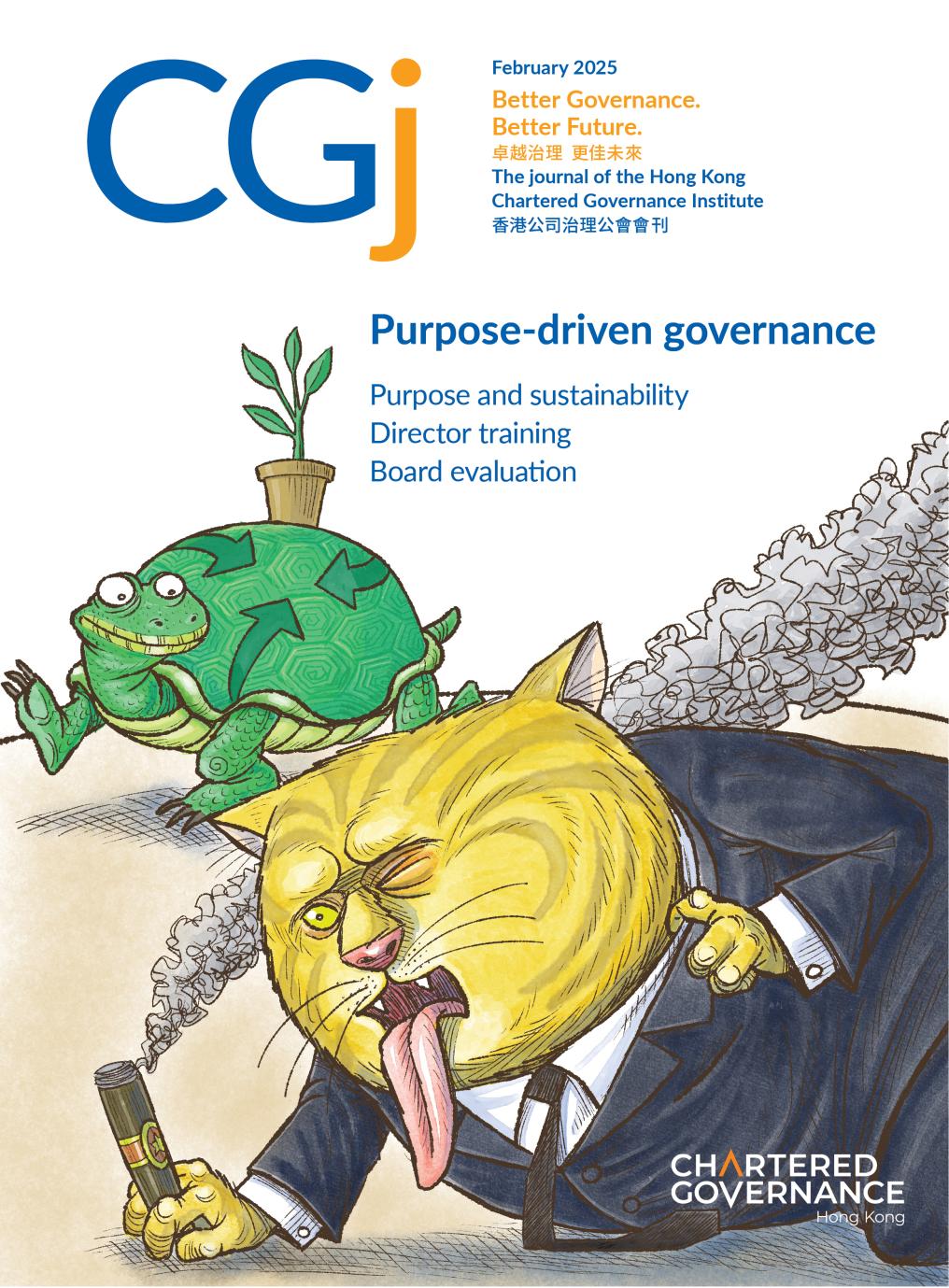
Understanding Chapter 14A
Highlights
- connected transactions under Chapter 14A require stringent disclosure measures to ensure fairness and prevent abuse, which include announcements, circulars and annual report disclosures, with independent shareholders’ approval as required under the Listing Rules
- connected persons include key individuals and entities with influence over listed issuers, such as directors, substantial shareholders and their associates
- independent board committees are crucial for evaluating connected transactions, with transparency and detailed communication fostering informed decision-making
General principles
Chapter 14A of the Main Board Listing Rules deals with connected transactions, which involve dealings with connected persons of the listed issuer or of any of its subsidiaries, such as directors, substantial shareholders and/or their associates. It also covers transactions with third parties that might indirectly benefit connected persons through their interests in the entities involved. These transactions can be of a capital or revenue nature and may take place as one-off arrangements or on a continuing basis.
To ensure transparency and safeguard against potential abuse, connected transactions are subject to specific requirements. Listed issuers must disclose details through announcements, circulars and annual reports. Additionally, where independent shareholders’ approval is required, individuals with material interests in the transaction should abstain from voting. For continuing connected transactions, annual reviews by independent non-executive directors (INEDs) and auditors are mandatory.
Exemptions from these requirements are available in specific circumstances, as set out in the Listing Rules. These typically apply to transactions that are immaterial to the issuer’s group or where the risk of abuse by connected persons is considered low.
Transaction types
Under Chapter 14A, connected transactions include those that are capital or revenue in nature, regardless of whether or not they occur within the group’s ordinary and usual course of business. Any transaction between a listed issuer’s group and a connected person is a connected transaction, which includes the following types:
- any buying or selling of assets by a listed issuer’s group, including a deemed disposal
- a listed issuer’s group granting, accepting, exercising, transferring or terminating an option to acquire or dispose of assets, or to subscribe for securities, or a listed issuer’s group deciding not to exercise an option to acquire or dispose of assets, or to subscribe for securities
- entering into or terminating finance leases, or operating leases or subleases
- providing or receiving financial assistance, which includes granting credit, lending money or providing an indemnity, guarantee or security for a loan
- entering into an agreement or arrangement to set up a joint venture in any form, or any other form of joint arrangement
- issuing new securities of the issuer or its subsidiaries
- providing, receiving or sharing services, and
- acquiring or providing raw materials, intermediate products and/or finished goods.
Definition of connected persons
Under Chapter 14A, a connected person covers an individual or entity with a close relationship to the listed issuer, as such a person could influence the issuer’s decisions.
Among others, directors, chief executives and substantial shareholders of the listed issuer or its subsidiaries, and any persons closely associated with them, are considered connected persons. Entities related to the connected individual, such as companies they control, are also considered connected persons.
Certain subsidiaries of the listed issuer may also be regarded as connected persons, particularly when a connected individual is also a substantial shareholder of these subsidiaries.
Transparency in connected transactions
The panel discussion, moderated by Tom Chau FCG HKFCG, Institute Vice-President, and Partner, Haiwen & Partners LLP, delved into the complexities of managing connected transactions, and the critical role of INEDs in ensuring fairness and transparency.
Panel speakers highlighted the importance of the independent board committee (IBC) in evaluating connected transactions, particularly those requiring independent shareholders’ approval. In situations of differing opinions within the IBC, panel speakers stressed the necessity for detailed communication and comprehensive disclosure in circulars. Such disclosures should include dissenting views from directors to aid minority shareholders in making informed decisions.
Cindy Kwong, Counsel, Freshfields Bruckhaus Deringer, provided her perspective on deadlock scenarios in board decisions, particularly when votes are split evenly. Ms Kwong noted that while such situations are rare, ‘It is vital to provide directors with adequate information and support, including access to external advisors, to enable thorough assessments.’
“It is vital to provide directors with adequate information and support, including access to external advisors, to enable thorough assessments.”
Cindy Kwong
Counsel, Freshfields Bruckhaus Deringer
Frank Yuen FCG HKFCG, Group General Counsel, and Head of Compliance, CK Hutchison Holdings Ltd, offered an optimistic view on board disagreements, contending that differing opinions can foster constructive dialogue and lead to better outcomes. Mr Yuen remarked, ‘It is a good thing when not every decision is unanimous, as this can reflect the directors’ dedication to analysing what serves the company’s best interests.’ Mr Yuen also emphasised the importance of presenting comprehensive data and facilitating open communication to resolve conflicts. ‘Transparent communication and the provision of relevant information are vital in enabling directors to refine transaction terms and reach sound decisions.’
Panellists collectively stressed the importance of proactive communication with directors, and that comprehensive disclosure and proactive communication are essential to foster trust and facilitate informed voting decisions by shareholders. Companies should prioritise transparent governance practices to navigate complex connected transactions and maintain market confidence.


